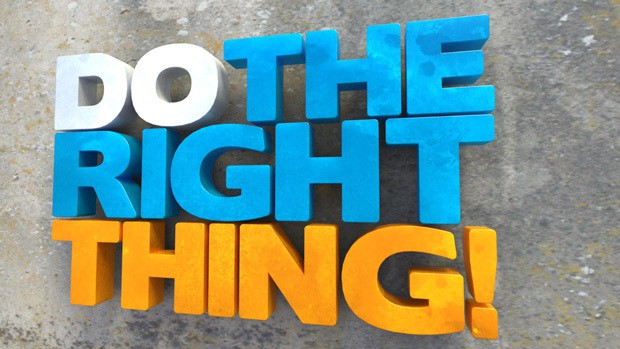Critical takeaways In sailing, the rhumb line is the shortest, most direct route between Point A and B. However, external factors such as tides, weather or obstacles seldom allow ships to take this direct route, and they must compensate for these factors. Businesses in crisis also need a clear...












